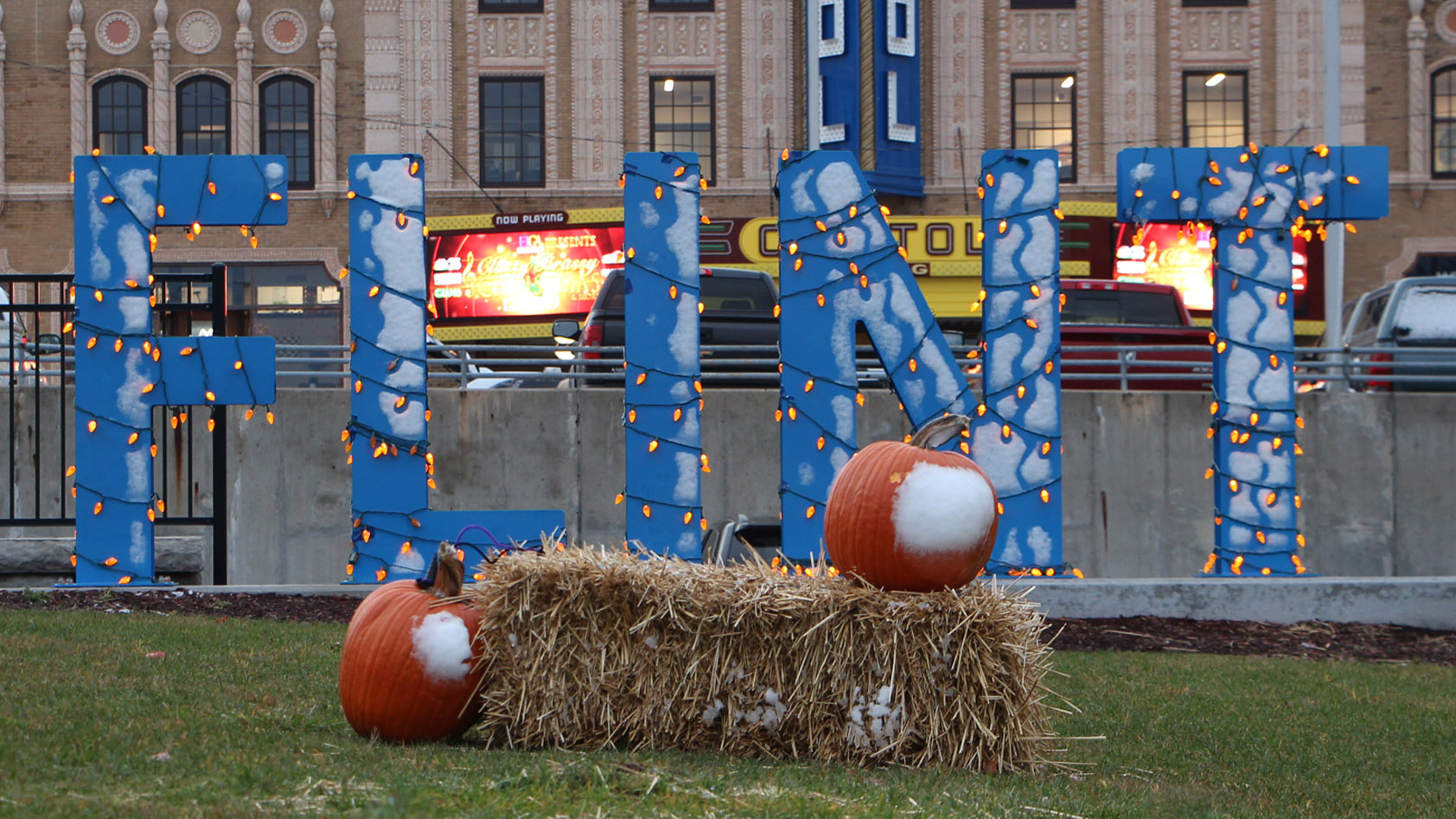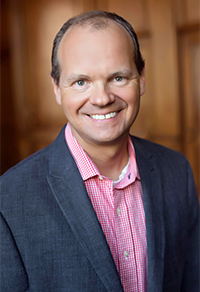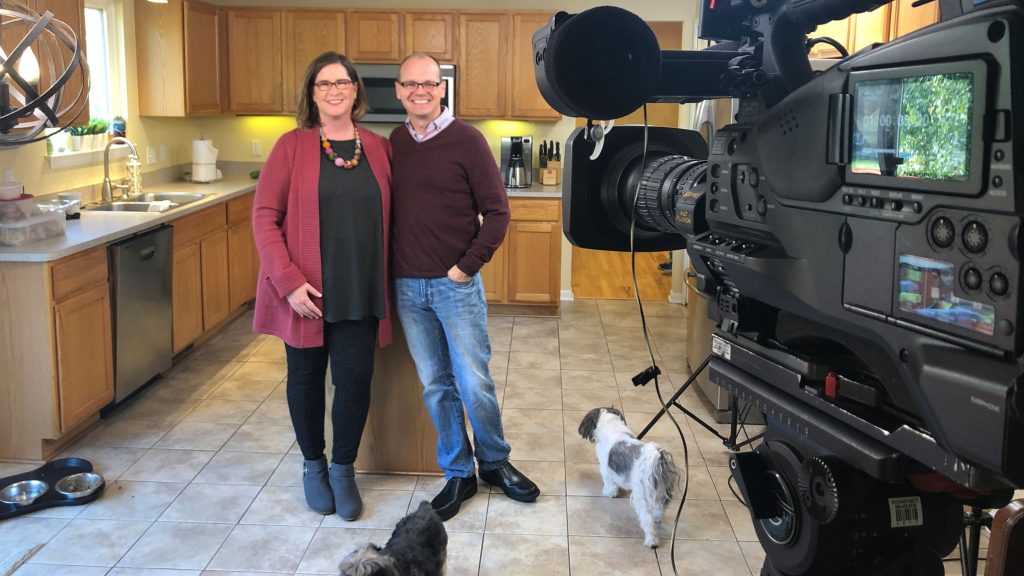

Making places great can happen in a variety of ways. In the city of Flint, it seems to be happening in just about every way possible. A new downtown hotel, new and updated parks, dozens of renovated buildings, and positive economic, cultural and social changes and activities are just a few things that come to mind.
My organization – the Michigan Municipal League (MML) – has long supported the concept of placemaking, which in the simplest terms is creating places or spaces that attract people. The MML has published two books about it – “The Economics of Place: The Value of Building Communities Around People” and “The Economics of Place: The Art of Building Great Communities.” And we have a website devoted to it: https://placemaking.mml.org/. We also are an active supporter of the Michigan Economic Development Corp.’s (MEDC) Public Spaces Community Places crowdfunding program, which has successfully funded nearly 600 placemaking projects in Michigan and multiple efforts in Flint, including the Flint Community Water Lab, Paddler’s Landing at Mott Park, Factory Two and most recently the Free City Mural Festival.
Flint understands that placemaking is a community and economic development strategy that aims to capitalize on local assets to create appealing and unique places where people want to live, work, do business and enjoy. The MML and other proponents of place-based economic development believe that by creating vibrant downtowns, neighborhoods or public spaces, and improving a community’s quality of life, talented workers will be drawn to move there, and they will attract new businesses as well as start their own.
All the positive changes in Flint can be attributed to local leaders embracing the placemaking concept – from the new murals throughout the city, to the newly restored Capital Theatre, to Brush Park’s “FLINT” sign where residents and visitors enjoy taking photos to show their Flint pride, and the former Genesee County Savings Bank being turned into a hotel.
Hotels, in particular, can play a key role in placemaking because when people visit a community or downtown for its many activities, amenities and festivals, they’ll need a place to stay. The MML actively supports the idea of placemaking and we encourage our communities to have and create spaces and amenities that attract people and businesses – just like Flint is doing.
In fact, the success of placemaking in Flint can serve as an example for all communities throughout Michigan. The Flint Farmers’ Market, for example, not only draws people, but is a model that communities throughout the nation and world can emulate. The turnaround in Flint can also serve as an inspirational example of how to reverse course for a community.

All the changes happening in Flint played a critical role in my wife, Katie, and I deciding to sell our home in the Grand Blanc area and move to the City of Flint. We are proof that placemaking works. We’ve seen first-hand the amazing transformation happening due to the city and its supporters embracing the placemaking concept and we want to be part of it.
Placemaking is impacting communities throughout Michigan in so many ways and Flint is leading by example in showing that it works.
